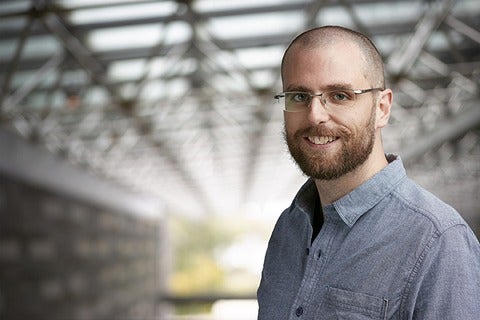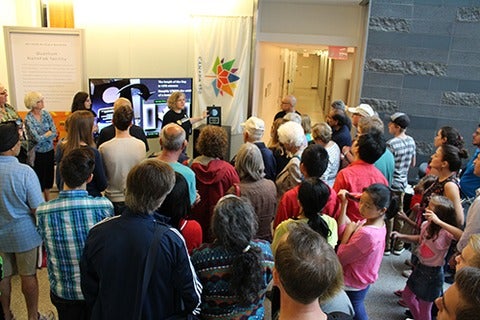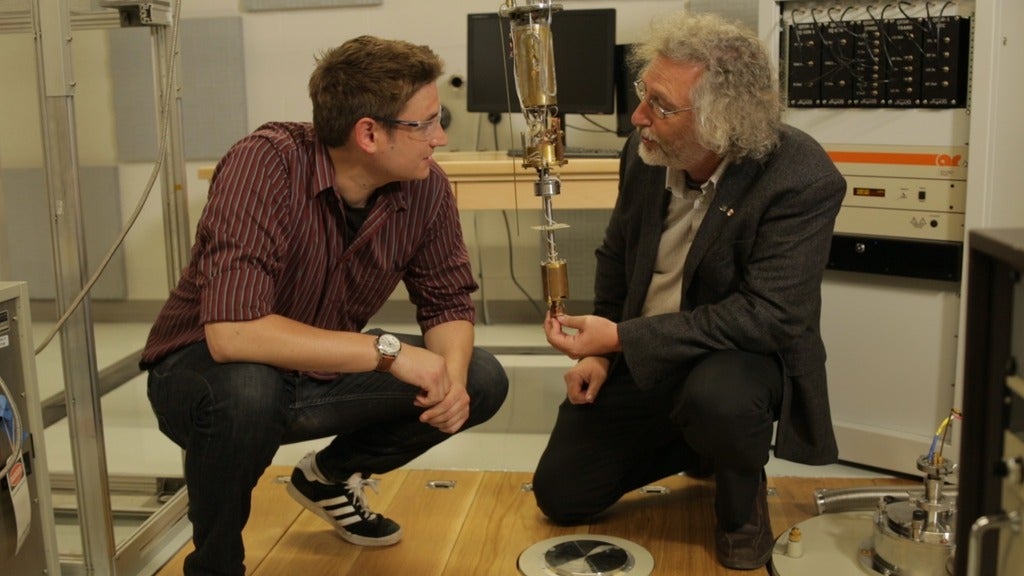Research by IQC postdoctoral fellow recognized for excellence
Zhe Liu, postdoctoral fellow at the Institute for Quantum Computing (IQC) and the Department of Combinatorics and Optimization in the Faculty of Mathematics at the University of Waterloo, received the 2016 FNR Outstanding PhD Thesis award for his research on the security of wireless sensor networks (WSNs). The FNR Awards recognize outstanding researchers and science communicators for excellence in research and science communication.

 Jon Yard joins the Institute for Quantum Computing (IQC) as Associate Professor from Microsoft’s Research Station Q team. He is jointly appointed with the Department of Combinatorics and Optimization in the Faculty of Mathematics and as an Associate Faculty member with the Perimeter Institute for Theoretical Physics (PI).
Jon Yard joins the Institute for Quantum Computing (IQC) as Associate Professor from Microsoft’s Research Station Q team. He is jointly appointed with the Department of Combinatorics and Optimization in the Faculty of Mathematics and as an Associate Faculty member with the Perimeter Institute for Theoretical Physics (PI).

